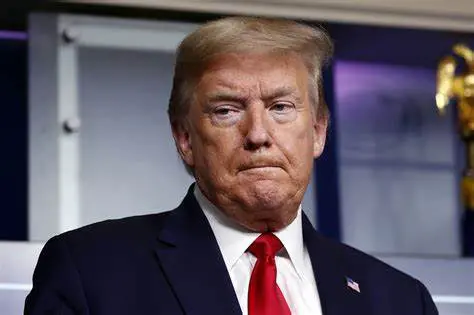The proposals raised Saturday by former Thai Premier Abhisit Vejjajiva that an election be suspended for a six-month period was obviously"too late," according to Election Commissioner Somchai Srisuthiyakorn.
The fresh call for the suspension of the nationwide polls, scheduled for July 20, to give way for "national reforms" which might last five to six months as suggested by Abhisit would not be taken into account by the Election Commission, Somchai said.
The polling agency had already consulted with the caretaker government under acting Premier Yingluck Shinawatra and agreed to hold the election for which a royal decree will likely be submitted to the Thai monarch for approval next week, the commissioner said.
"Abhisit's advice for a suspended election was obviously too late and would not be seriously considered by the Election Commission which already consulted and agreed with the caretaker government about the election date," Somchai said.
He added that he and the other commissioners will discuss the prepared decree on Tuesday before it is forwarded to the Yingluck government which will finally submit it to the monarch very shortly.
Nevertheless, Somchai said one of his four colleagues might possibly suggest that they all think twice about the plan to go ahead with the July 20 election though such hesitations would be " unlikely" to happen among the commissioners.
Meanwhile, Yingluck did not respond to Abhisit's proposals branded as a "way-out for the country" from a chronic political conflict which has been unresolved over the past several months.
Besides the suspended election, Abhisit also called for Yingluck and all members of her caretaker cabinet to step down so that a Senate speaker could name a "non-partisan, neutral prime minister" who, according to the ex-premier, will be preoccupied with the tasks of doing 'national reforms.'"
Only after the "reforms" have been done, could the race to parliament take place in a peaceful and fair fashion, according to Abhisit, who said his proposals were primarily designed to avert a possible coup or street unrests and bloodsheds which might otherwise occur again.
He called for the making of a "provisional government" headed by a "non-partisan, neutral prime minister" to do the "reforms" in a matter of about six months.
During that period, all parties were suggested to leave politics and come back to contest the new election after the " reforms" have been done by provisional government, according to Abhisit, leader of the Democrat Party which boycotted the Feb. 2 election. The election has been judged null and void by the Constitutional Court.
However, acting Foreign Minister Surapong Tovichakchaikul said that Abhisit's calls appeared "undemocratic" because the ex- premier was only seeking to skip democratic process to give way for "reforms."
"If Abhisit honestly believed that his advice was so good for the country, he should contest the election and adopt it as his policy campaign so that people might vote for him and his party."
"He might probably win most MP seats from the nationwide contests and set up a post-election government which could put such policy of his own to work. That would be far easier than suspending the planned election," Surapong said.
 简体中文
简体中文



